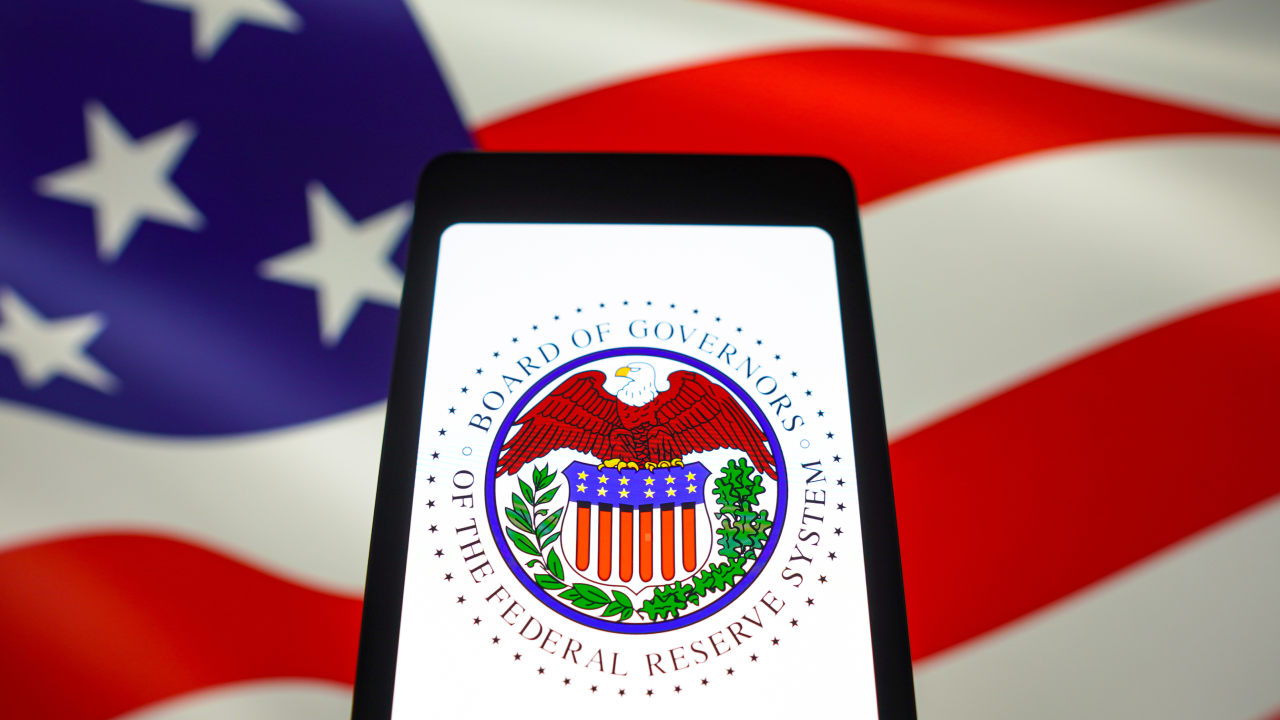What is the FED’s stance on cutting interest rates? Here are analysts’ predictions.
The Federal Reserve (FED) is the central bank of the United States and plays a crucial role in the global financial system. Economists, analysts, and investors worldwide closely monitor every decision it makes, especially regarding interest rates.
But what can we expect from the upcoming FED meeting scheduled for 11-12 June 2024? Analysts predict that the FED will keep interest rates unchanged, but some signals could anticipate future cuts by the end of the year.
What is the FED, and why is it important?
The Federal Reserve, or FED, is the institution that serves as the central bank of the United States. Its role is to stabilise the economy through the management of money and interest rates. Its main functions are controlling inflation, regulating the banking system, and promoting economic stability. The interest rates set by the FED influence the cost of money, i.e., how much it costs to borrow or how much you earn by saving.
The current interest rate situation
FED interest rates have been steady between 5.25% and 5.5% since July 2023. After a year of stability, the FED decided not to increase rates further despite mixed signals on inflation. According to FED Governor Christopher Waller, some inflation reports in the early months of 2024 temporarily cooled expectations of a rate cut. Still, recent consumer price index (CPI) data suggest that inflation is not accelerating.
Analysts’ predictions for the FED June meeting
According to the CME’s FedWatch Tool, the probability of a rate cut at the June meeting is just 0.1%. The forecasting site Kalshi also indicates a 99% probability that rates will remain unchanged. However, analysts predict the FED might signal potential rate cuts later in 2024. During the meeting, the “Summary of Economic Projections” will be updated, where monetary policymakers will outline their forecasts for the end of the year.
Impacts on everyday life
The FED’s decisions on interest rates have a direct impact on people’s daily lives. Higher interest rates mean more expensive loans for homes, cars, and businesses and higher returns for savers. Conversely, lower rates make loans cheaper but reduce earnings on savings. For example, 30-year mortgage rates reached an annual high of 7.79% in 2023, then fell to 7.03% by the end of May 2024.
When might a rate cut occur?
According to bond markets, the first rate cut could happen in September 2024, with a 50% probability. A second cut might follow in December. However, these predictions are subject to rapid changes in response to economic data. For example, there is still a 15% probability that there will be no cuts in 2024.
The June FED meeting is highly anticipated, but it is unlikely to bring immediate changes in interest rates. All eyes are on the updated economic projections and the statements from FED Chairman Jerome Powell. The possibility of rate cuts during 2024 will depend on the strength of the labour market and progress in controlling inflation.
The FED’s decisions will continue to have a significant impact on the global economy and the daily lives of millions of people. Monitoring these decisions helps us better understand economic dynamics and make more informed financial decisions.
The price forecasts in this article are based on sources believed to be reliable, but do not guarantee the market’s future performance. They do not constitute a recommendation or financial advice. Investing in crypto-assets involves risks, including the potential loss – even total – of the invested capital. Users are required to conduct independent evaluations before making economic and/or investment decisions and to consult their own specialised financial advisor.



